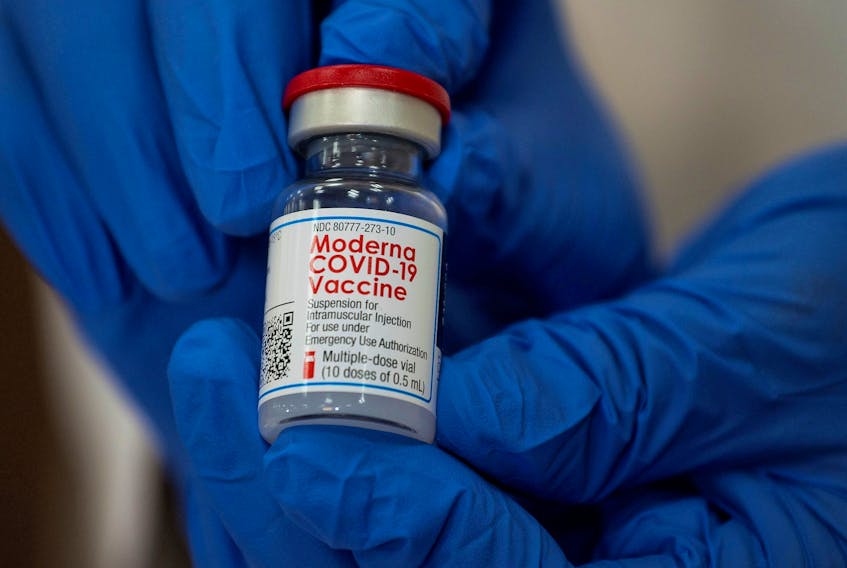It doesn’t make much immediate sense if you’re one of the people who look at the world solely through the “but what about me?” lens.
But for Canadians as a whole, it makes the most sense of all.
Sunday, Toronto public health officials announce they would be fast-tracking COVID-19 vaccinations for homeless Torontonians, moving the homeless into the first round of people eligible for vaccination.
Why? Because COVID-19 variants are showing up in homeless shelters, and health officials don’t want shelters to become COVID-19 hotbeds of rapidly spreading disease.
Protecting the homeless is, in fact, crucial to protecting others.
And governments in the Atlantic provinces are taking similar action.
The government of Newfoundland and Labrador describes it as vaccinating “in a risk-stratified manner.”
Well, we can describe that in a little less “word-stratified manner.” Put a little more clearly, those at highest risk rise to the top of the list — whoever they are. And that helps everyone.
In the second phase of vaccination, Newfoundland and Labrador is understandably moving to vaccinate “first responders (including career and volunteer firefighters, police officers, border services, and search and rescue crew)” as well as front-line essential workers who can’t work from home if outbreaks occur.
Protecting the homeless is, in fact, crucial to protecting others.
But the second phase also includes truck drivers and other rotational workers who have to come and go from the province, and “adults in marginalized populations where infection could have disproportionate consequences (e.g. people experiencing homelessness or with precarious housing arrangements).”
Asked why rotational workers were included, the province’s chief medical officer of health had a simple answer: many of the cases that have occurred in Newfoundland and Labrador have involved rotational workers. Protecting them means protecting everyone else.
With similar logic, Prince Edward Island has put truck drivers and other rotational workers in phase one of their vaccination plan, and essential workers immediately afterwards in phase two.
Nova Scotia’s phase two has “people who are required to regularly travel in and out of the province for work, like truck drivers and rotational workers, people who live in large group settings (correctional facilities, shelters and temporary foreign worker housing) and those who work directly with them,” along with “people who are responsible for food security and can’t maintain public health measures because of the nature of their work (like large food processing plants).”
There are similarities and differences across the plans, but one thing holds true throughout: health authorities are trying to short-circuit the possibility of COVID-19 infections before outbreaks start, in the areas that pose the greatest threats.
It’s common sense, even if it means that the people who don’t fit into those particular groupings slip a little bit further down the vaccination queue.
The rest of us? We wait our turns. With good reason.









